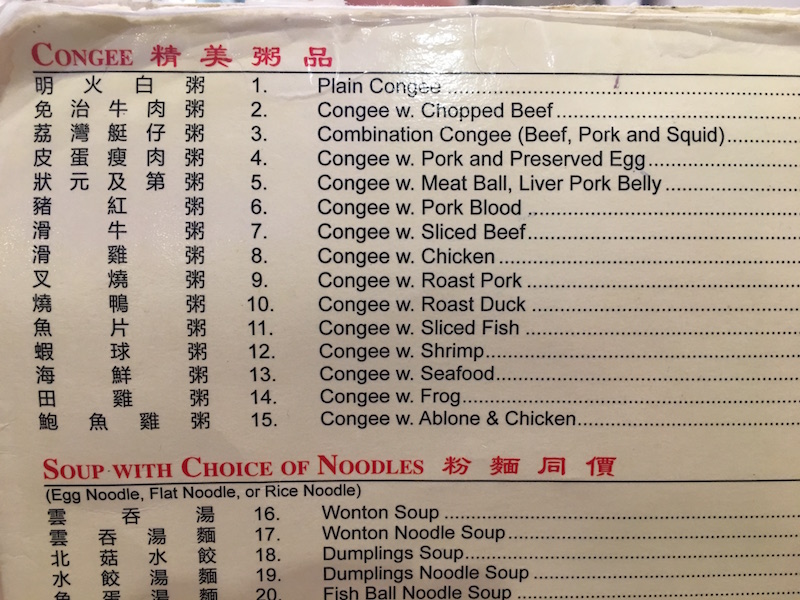The last month or so has seen renewed discussion of the benefits and dangers of artificial intelligence, sparked by Stephen Hawking's speech at the opening of the Leverhulme Centre for the Future of Intelligence at Cambridge University. In that context, it may be worthwhile to point again to the earliest explicit and credible AI warning that I know of, namely Norbert Wiener's 1950 book The Human Use of Human Beings [emphasis added]:
[T]he machine plays no favorites between manual labor and white-collar labor. Thus the possible fields into which the new industrial revolution is likely to penetrate are very extensive, and include all labor performing judgments of a low level, in much the same way as the displaced labor of the earlier industrial revolution included every aspect of human power. […]
The introduction of the new devices and the dates at which they are to be expected are, of course, largely economic matters, on which I am not an expert. Short of any violent political changes or another great war, I should give a rough estimate that it will take the new tools ten to twenty years to come into their own. […]
Let us remember that the automatic machine, whatever we think of any feelings it may have or may not have, is the precise economic equivalent of slave labor. Any labor which competes with slave labor must accept the economic conditions of slave labor. It is perfectly clear that this will produce an unemployment situation, in comparison with which the present recession and even the depression of the thirties will seem a pleasant joke. This depression will ruin many industries-possibly even the industries which have taken advantage of the new potentialities. However, there is nothing in the industrial tradition which forbids an industrialist to make a sure and quick profit, and to get out before the crash touches him personally.
Thus the new industrial revolution is a two-edged sword. It may be used for the benefit of humanity, but only if humanity survives long enough to enter a period in which such a benefit is possible. It may also be used to destroy humanity, and if it is not used intelligently it can go very far in that direction.
Read the rest of this entry »
